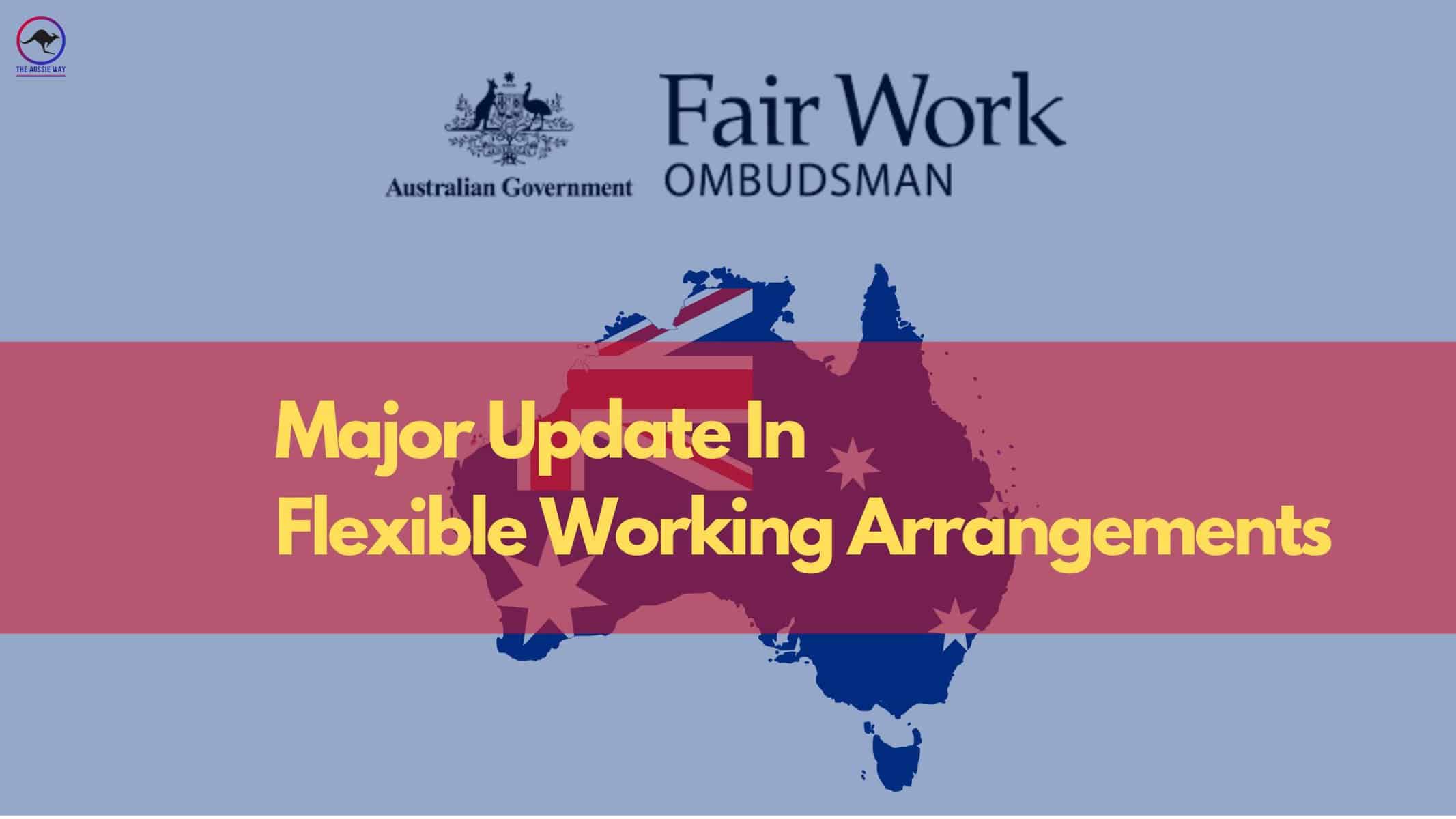
In a significant development for employees across Australia, new workplace laws have come into effect, allowing eligible Australian workers to dispute and challenge employers who refuse their requests for flexible working arrangements. The amendments, which were passed last year, aim to empower employees by closing a loophole that previously left them with limited recourse when their requests were denied. The changes provide a clear appeals process and grant Australian workers the right to take their concerns to the Fair Work Commission if a resolution cannot be reached.
Eligibility and Types of Flexible Working Arrangements

Under the updated laws, employees who have worked for the same employer for at least 12 months are eligible to request flexible working arrangements.
Examples of such arrangements include changes to working hours, patterns of work, and locations of work, such as working from home. The purpose of these arrangements is to accommodate the needs of various employees, including parents, carers, individuals with disabilities, those aged 55 or older, pregnant employees, and individuals experiencing family and domestic violence.
The Process of Requesting Flexible Working Arrangements

Image Crated: https://circlein.com/requesting-flexible-working-arrangements-template/
Employees who wish to request flexible working arrangements must follow specific rules. The request must be made in writing, clearly outlining the changes being sought and the reasons for the request.
To assist Australian workers, templates and sample letters are available for preparing a written request. Employers are required to respond in writing within 21 days, either approving or refusing the request. If an agreement cannot be reached, employees can seek assistance from the Fair Work Commission.
Employer Response and Refusal Guidelines
Employers have a responsibility to respond to employees’ requests for flexible working arrangements. If a request is refused, it can only be done on reasonable business grounds. Employers must engage in discussions with employees to explore alternative arrangements that can accommodate the employee’s circumstances.
Reasonable business grounds for refusal can include excessive costs, impracticality in changing other employees’ working arrangements, or significant negative impacts on efficiency, productivity, or customer service. The employer’s circumstances, such as the size and nature of the business, may also be considered.
Dispute Resolution and Appeal Process
If a dispute arises between the employer and employee regarding flexible working arrangements, both parties can seek assistance from the Fair Work Commission.
The Commission attempts to resolve disputes through conciliation or mediation, promoting open discussions to reach an agreement. If the resolution is not achieved, the Commission has the authority to arbitrate the dispute and issue binding orders that both parties must comply with.
The Impact of the Amendments

Image Crated: https://capindia.in/impact-of-the-companies-amendment-bill-2020-on-csr-some-reliefs-some-anxieties/
Maurice Blackburn’s principal workplace lawyer, Giri Sivaraman, emphasised the significance of these amendments, stating, “Until today, the flexible work arrangement rights in the Fair Work Act were toothless tigers because if their employers refused them, there was nothing you could do about that.” Sivaraman further highlighted that this omission in the previous legislation had given employers an unfair advantage when it came to refusing flexible work requests. He believes that the amendments should have been implemented much earlier to protect the rights of Australian workers
The implementation of these new laws reflects a growing recognition of the importance of work-life balance and the need for greater flexibility in the modern workplace. It is hoped that the changes will lead to increased satisfaction and well-being among employees, as well as improved productivity and efficiency for employers. By empowering employees to request and obtain flexible working arrangements, Australia is taking a significant step towards creating a more inclusive and adaptable work environment that meets the diverse needs of its workforce.
The Way Forward
As the new legislation comes into effect, employers are encouraged to familiarise themselves with the guidelines and engage in open and constructive discussions with their employees regarding flexible working arrangements. Creating a culture that values work-life balance and embraces flexible work options can lead to a more motivated and engaged workforce.
These amendments aim to foster a more balanced and supportive work environment, ultimately benefiting both employees and employers alike. As Australia continues to prioritise work-life balance and flexibility, the nation is setting an example for other countries to follow in adapting to the changing needs and expectations of the modern workforce.
